The tides in our veins – words from the poet Robinson Jeffers, resonate for me because that is exactly what we have, tides that ebb and flow dependent on diet, lifestyle and emotion. Do you truly understand the importance of hydration?
Water is THE most important nutrient for the human body, it is the substance that is involved with every single process and make up of the human form. The human body is made up of approximately 60% water, the blood 83% water and the brain around the 75% mark.
Our brains are the first to detect thirst when salt levels become high and fluid levels drop. A very common response to why someone does not drink enough is because they don’t feel thirsty, this is because the brain is literally reprogrammed to adapt to a state of dehydration and the desire for fluids decrease. Water balance within the body is governed by a peptide hormone known as ADH (anti-diuretic hormone) secreted by the hypothalamus. ADH controls the regulation of sodium and water in the blood when ADH is stimulated so is thirst. Along with ADH another hormone responsible for fluid and mineral balance is Aldosterone, this is released by the adrenals and is key in the role of hydration this is because the adrenals are also responsible for the stress hormone cortisol which when under stress Adolsterone is ramped up circulating further sodium in the system to cope with the onslaught of cortisol. Once the stress is subsided, levels of Adolsterone fall forcing sodium to exit the body via urination taking essential water with it. If a person is in a constant stae of stress the adrenals become fatigued and dehydrate the whole body systems.
Drinking little and often is so important not only to obviously hydrate the body but to re-educate the brain to reactivate thirst. Little tricks like always having a glass of water on your desk to sip at or taking a water bottle with you to sip throughout the day. Add into the water Rehydration and Spectramin to increase intracellular and extracellular water absorption.
For more about hydration click here.
Read more

The body is a miraculous thing and once you understand the clues it possesses you can start to find solutions. To think the mind is a separate entity to the physical body is a mad notion, yet it i...

I treat many wonderful clients one of which is the beautiful Glynis Barber who wrote about The Masterlift treatment on her fabulous blog Ageless. The story was also picked up by the Daily Mail exp...



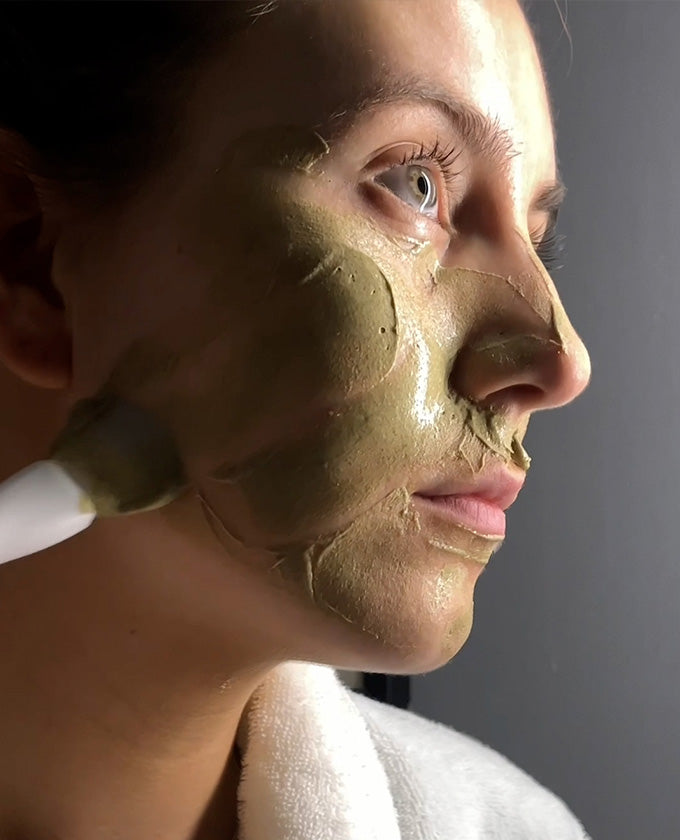
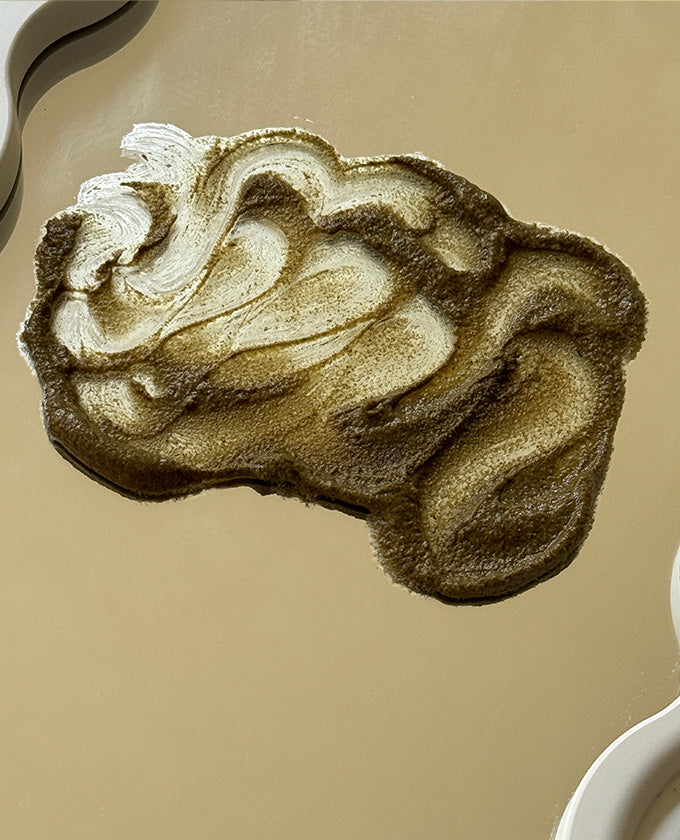


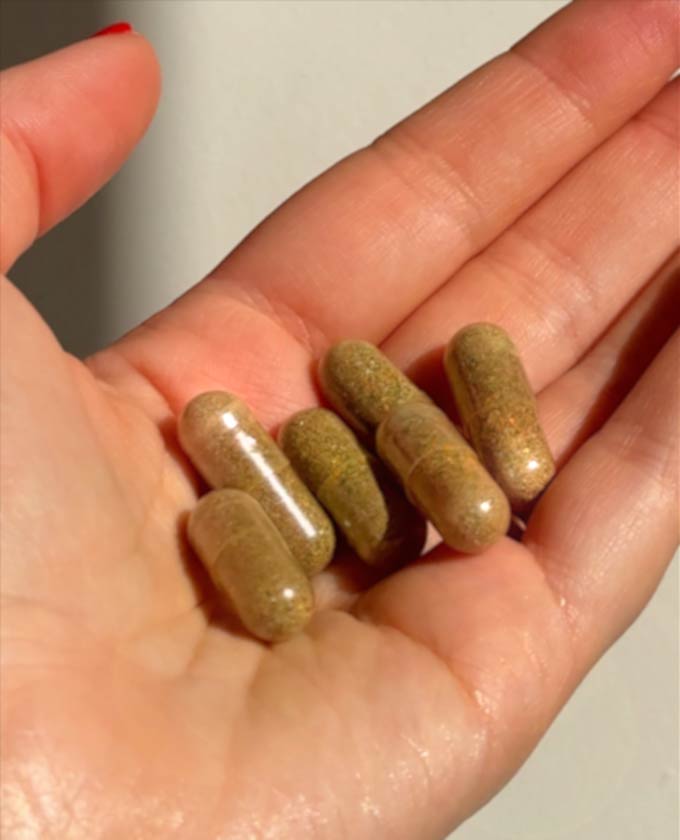


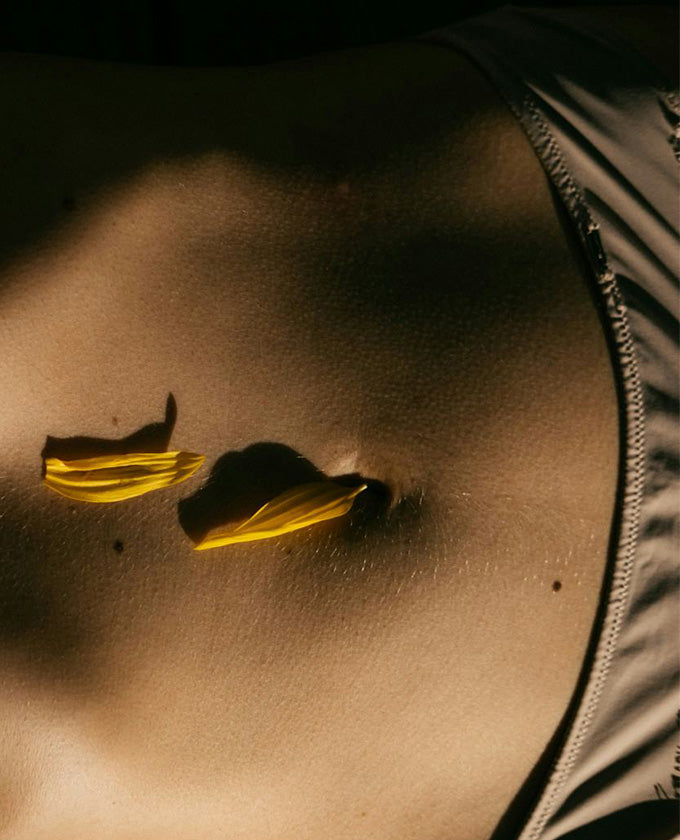



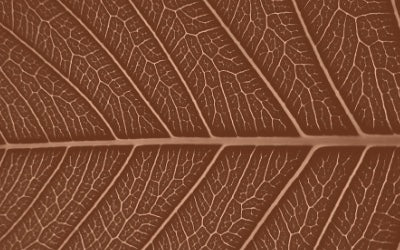
Leave a comment
All comments are moderated before being published.
This site is protected by hCaptcha and the hCaptcha Privacy Policy and Terms of Service apply.